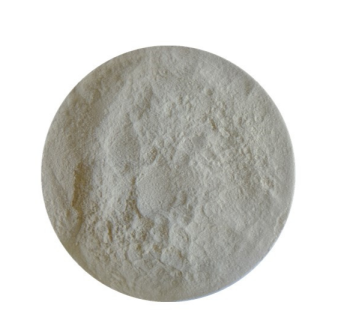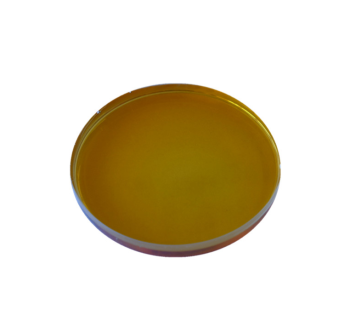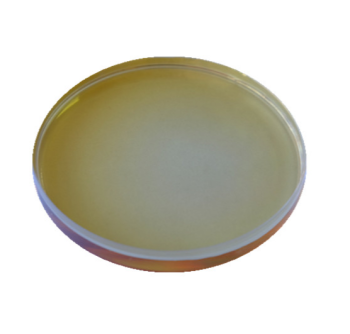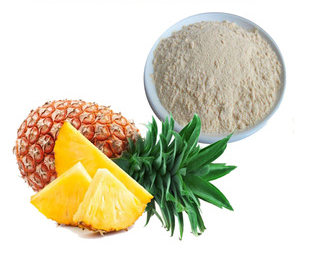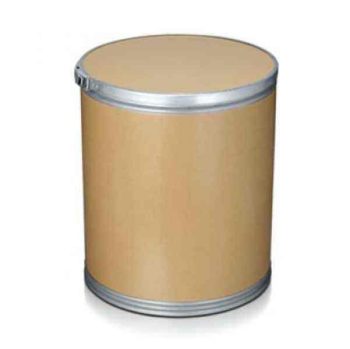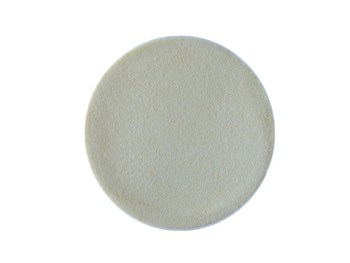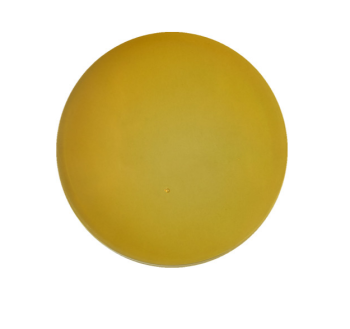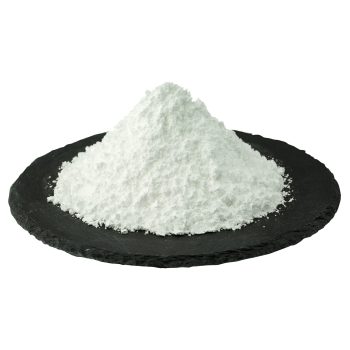Product Description
The tannase is produced by submerged fermentation of a selected fungal strain followed by purification, formulation, and drying. The enzyme finds wide applications in various industries including food and beverage, feed, cosmetics, and leather, where the enzyme plays its role by modifying tannins in desirable ways.
Introduction
Tannin acyl hydrolase, commonly called tannase, catalyzes the hydrolysis of ester and depside bonds in such hydrolysable tannins as tannic acid, thereby releasing glucose and gallic acid in the end. By the catalysis with tannase, gallic acid glucose ester with tannic acid is successively hydrolyzed into 1,2,3,4,6-gallic acid tannin, 2,3,4,6-tetrapalic acid tannin, and two monomers gallic acid-glucose, and finally gallic acid and glucose are produced.

Product Standard
| ITEMS | INDEX | |
| Particle size (%<40 mesh) | ≥80 | |
| Loss on drying/(%) | ≤8.0 | |
| Lead/(mg/kg) | ≤5.0 | |
| Arsenic/(mg/kg) | ≤3.0 | |
| Total viable count/(CFU/g) | ≤50000 | |
| Coliform Bacteria/(CFU/g) | ≤30 | |
| Escherichia coli | (CFU/g) | <10 |
| (MPN/g) | ≤3.0 | |
| Salmonella/(25g) | Not Detected |
Function and Application
The enzyme is used to improve taste and damage the haze sensitivity of phenols in tea, remove the anti-nutritional effect of tannins in feed, and make tannin a better tanning agent for leather. It can also be used to produce non-galloylated catechins.
Recommended Dosage
The recommended dosage is 0.25-1 kg/t DS. The dosage has to be optimized based on each application, the raw material specifications, product expectation, and processing parameters. It is better to begin the test with the convenient volume.
Safe Handling Precautions
Enzyme preparations are proteins that may induce sensitization and cause allergic-type symptoms in susceptible individuals. Prolonged contact may cause minor irritation for skin, eyes, or nasal mucosa. Any direct contact with the human body should be avoided. If irritation or allergic response for skin or eyes develops, please consult a doctor.
Package
1 kg / bag.
Storage
Keep sealed in a dry and cool place and avoid direct sunlight.
Shelf Life
12 months in a dry and cool place.

